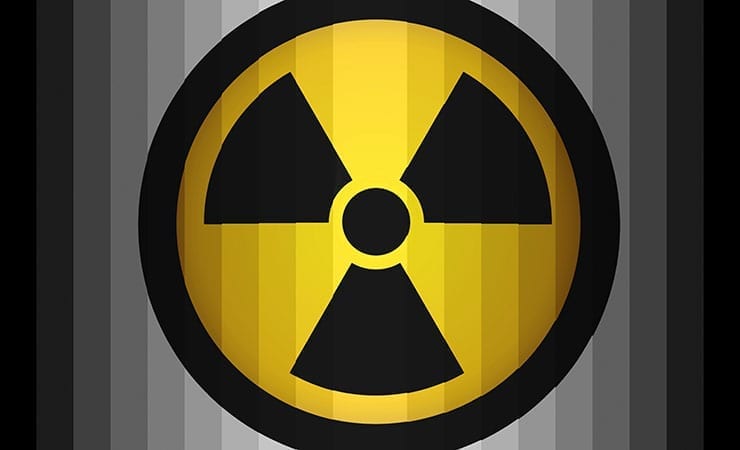In November 2015, the Food and Drug Administration approved the use of Amgen’s pegfilgrastim (Neulasta) to increase survival of people acutely exposed to high-dose radiation that damages the bone marrow.
NIAID-funded research contributed to the approval of pegfilgrastim for treatment of acute radiation syndrome, which will improve access to the drug in the event of a public health emergency such as a nuclear power plant accident or terrorist attack.
Acute radiation syndrome occurs in stages following irradiation of the entire body by a high dose of penetrating radiation over a short period of time. Radiation exposure can injure multiple organs, and the rapidly dividing cells of the bone marrow are among the most sensitive to its effects. Radiation-induced bone marrow damage reduces the number of pathogen-fighting neutrophils and clot-forming platelets in the blood, which can lead to death from infection or excessive bleeding.
Scientists theorized that drugs used to replenish blood cells in certain cancer patients also may be effective treatments for acute radiation syndrome. Pegfilgrastim first received FDA approval in 2002 to reduce the chance of infection due to low white blood cell counts in cancer patients receiving certain types of chemotherapy.
Pegfilgrastim is the second radiation medical countermeasure to be approved under FDA’s Animal Rule, a regulation that permits approval of some products based on efficacy testing in animals and safety testing in humans. FDA approved a similar drug, filgrastim (trade name Neupogen, also marketed by Amgen), for treatment of acute radiation syndrome in March 2015. While filgrastim is administered daily, pegfilgrastim is administered once a week, offering improved dosing convenience in a radiation public health emergency incident.
Both approvals were based on findings from NIAID-funded animal research indicating that these drugs are reasonably likely to increase survival of people with radiation-induced bone marrow damage.
Because human efficacy testing could not be performed ethically, researchers developed and characterized a macaque model of acute radiation exposure. Administering pegfilgrastim nearly doubled survival: 91 percent of animals given pegfilgrastim survived 60 days after radiation exposure, compared to 48 percent without the drug. The pegfilgrastim group also experienced fewer gram-negative bacterial infections.
Editor also recommends:
- Prescribing Information for Neulesta (Amgen) .pdf
- Radiation Countermeasure Agents: An Update 2011 – 2014 (NCBI)
- Pegfilgrastim Improves Survival of Lethally Irradiated Nonhuman Primates (PubMed)
Source: FDA.gov, adapted.



